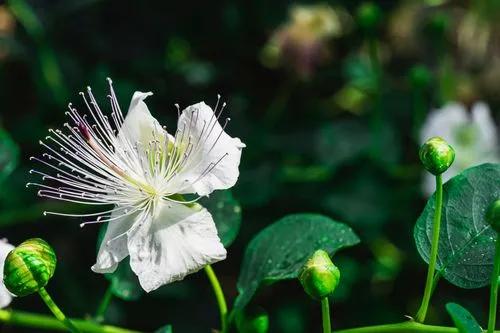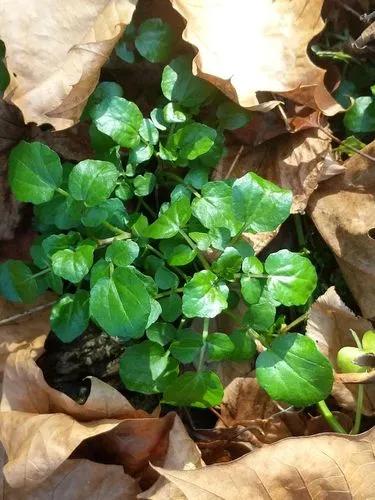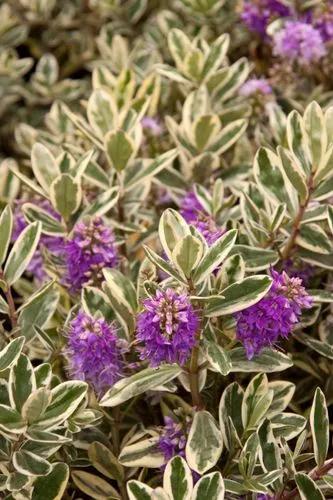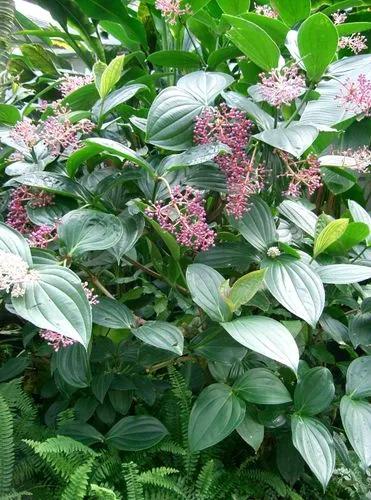Bromeliads typically have bright red, orange, purple, or blue flowers, and can grow in a number of different ways: they can be terrestrial, growing on the ground; saxicolous, growing on rocks; or epiphytic, growing on other plants and trees.
Bromelia Roseta Care
Bromelia 'rosetta Stone'



How to Care for the Plant

Water

I run water through the planting medium, whether it be moss or bark, & let it all run out the drain holes. You don’t want your bromeliad to sit in water. In the winter the frequency is more like every 4-5 weeks & in the summer every 3-4 weeks.

Fertilizer

Bromeliads are plants that have a high variability in the fertilization possibilities. Bromeliads are plants that have a high variability in the fertilization possibilities. This is due to the capacity of absorption of water and nutrients by their foliar trichomes and root system.

Sunlight

Light requirements vary depending on the type of bromeliad you are caring for.

Soil

It is possible to create your own bromeliad potting mix from purchased ingredients or even your own homemade ingredients. Here are three suggested mixes that you can try yourself: Equal parts sphagnum peat moss, medium grade horticultural perlite, and fine fir bark. 1/2 potting soil, 1/4 perlite, and 1/4 orchid bark.

Temperature

Most bromeliads prefer temperatures between 60°F (15.5°C) and 80°F (26.7°C) but can survive in hotter climates and temperatures down to freezing.

Additional

The ASPCA has declared bromeliads safe and non toxic to cats and dogs. There may be some rare exceptions in such a large plant family. Horse owners will be glad to hear that bromeliad plants pose no toxic effects. The plants are non-toxic to humans.

Popularity

84 people already have this plant 30 people have added this plant to their wishlists
Discover more plants with the list below
Popular articles






